Properties of Numbers Interactive Games
Digi Properties of Numbers
Are you searching for fun and interactive games to explore the properties of numbers? Look no further! Our online Properties of Numbers Interactive Games are designed to help your students not only memorise the properties of numbers but also to apply these rules, building flexibility and fluency in mathematics.
Keep reading to discover more about the various types of numbers. You’ll find games covering odd and even numbers, prime numbers, triangular and square numbers, and much more! Let the learning adventures begin!
Numbers are everywhere in our daily lives, from how long we sleep to how many laps we run. And in math class, there’s a whole bunch of different kinds of numbers! We’ve got even and odd numbers, prime and composite numbers, decimals, fractions, rational and irrational numbers, natural numbers, integers, real numbers, rational numbers, irrational numbers, and whole numbers. In this chapter, we’ll dive into all these different types of numbers and learn about the cool stuff they can do. Ready to explore with us? Let’s go!
What are Numbers?
Numbers serve as the fundamental building blocks of mathematics, playing essential roles in counting, measuring, organizing, and more. They come in various types, each distinguished by unique properties.
From natural and whole numbers to rational and irrational numbers, integers, real numbers, complex numbers, even and odd numbers, the world of numbers is rich and diverse.
Numbers serve as the foundation of mathematics, and exploring and investigating them is key to unlocking the secrets of math. They come in a variety of forms, including ordinal, consecutive, odd, even, natural, whole, integers, real, rational, irrational, and complex numbers.
Why Use Online Math Games?
You might be asking yourself, “Why should I incorporate online games for teaching numbers?” The answer is straightforward: they’re not only incredibly fun but also remarkably effective. Let me break down why they’re an essential addition to your teaching toolkit:
Engagement: Online math games are designed to be engaging and interactive. They capture students’ attention and keep them motivated to solve problems while having a blast.
Immediate Feedback: Many online games provide instant feedback, helping students understand their mistakes and guiding them to the correct solutions. This feedback loop is invaluable for learning.
Repetition and Practice: Practice makes perfect and online games offer a perfect platform for students to practice addition repeatedly without getting bored or frustrated. The more they practice, the more fluent they become.
Differentiated Learning: Online games can be tailored to different skill levels, making them suitable for all primary grade levels. You can choose games that match the needs of your students.
Independence: Online games encourage independent learning. Students can play and practice at their own pace, which fosters a sense of autonomy and responsibility.
Classroom Applications
Now that we know why online math games are a game-changer let’s dive into how you can use them effectively in your primary classroom:
1. Warm-up Activities: Start your math class with a quick online game to warm up students’ minds and get them ready for the day’s lesson. A short, engaging game can set the tone for the entire lesson.
2. Homework or Practice: Assign online games as homework or for practice. This way, students can reinforce their addition skills outside of class, and parents can get involved too.
3. Learning Centers: Set up learning centres in your classroom where students can rotate through various activities, including online math games. This adds a dynamic and interactive element to the learning environment.
4. Reward System: Use online games as rewards or incentives. When students complete their work or achieve a milestone, offer them some game time as a reward. It’s a win-win situation!
Online math games are your secret weapons for turning addition into a delightful experience for your primary students. Incorporate them into your teaching strategies, and watch your students become confident, fluent mathematicians while having a blast. So go ahead, embrace the world of online math games, and let the adventures begin!
How To Play Digital Number Sense Math Games
To play these games you will need:
- an internet connection & modern browser, we suggest Google Chrome
- a digital device like an iPad, interactive whiteboard, laptop or PC
- the Student Password to share with your students. Note – Only PAID Premium members will be able to access this Student Password
To get the Password To Share With Students:
- Log into your account & click the Students Password link in your account
- or Go To The Student Password Page
How to use the QR Code Below
We know getting a class full of students to play the right games can be tricky so we have made it easy for them all to be in the right place at the right time with a QR Code. Simply display this page on your interactive whiteboard and get your students to scan the QR Code below. Once they scan it all the students will be directed to this Money games page and the online games you want them to play! Nifty!
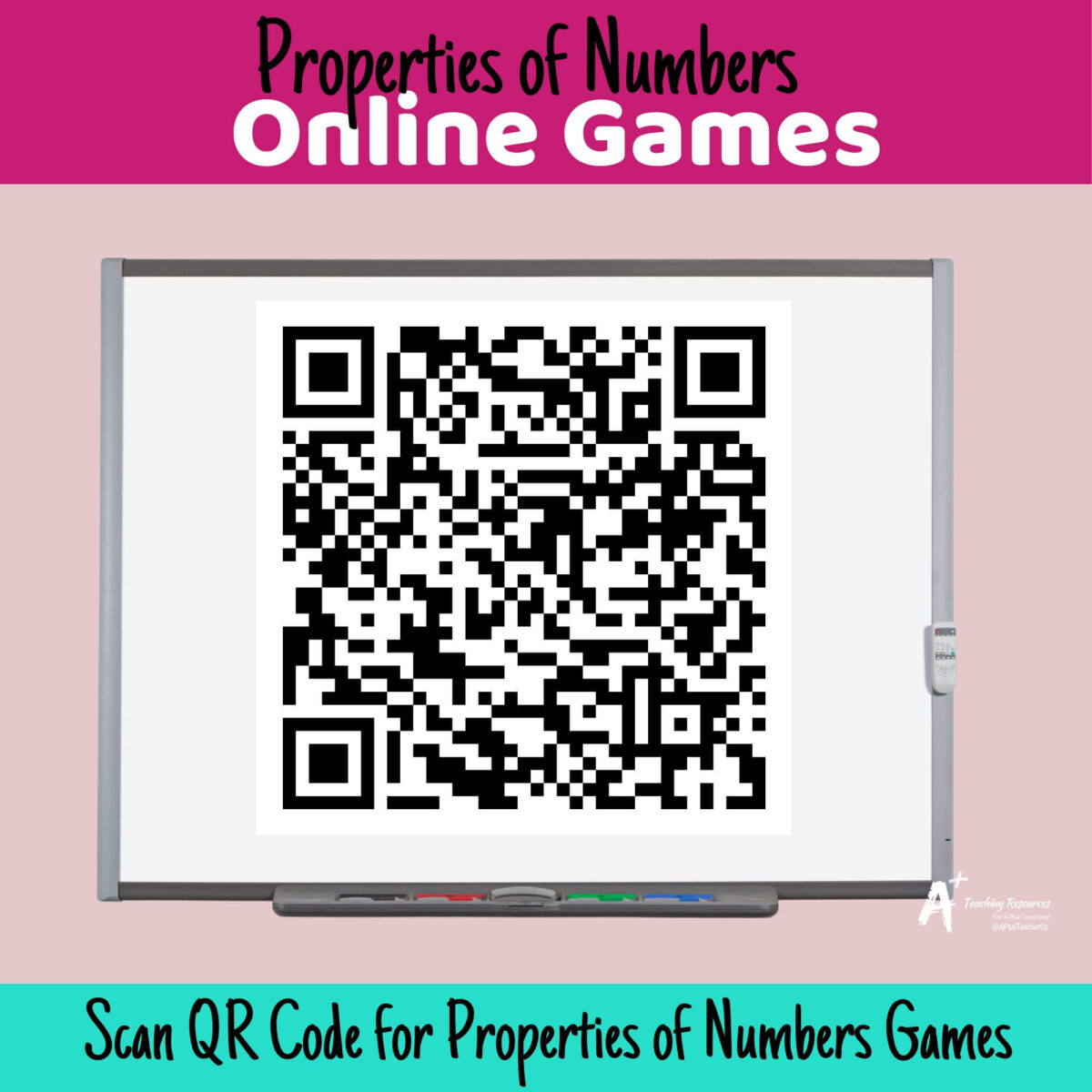
Use the QR Code to help organise your students.
- Display this page on your interactive whiteboard
- Give your students the “Student Access Password”
- Students scan the QR Code with their device to get to this list of Games
- Students then Click the image of the game to play
Click the images below to play Digital Properties of Numbers Interactive Games and discover a world of numerical relationships and patterns.
Click the images to play
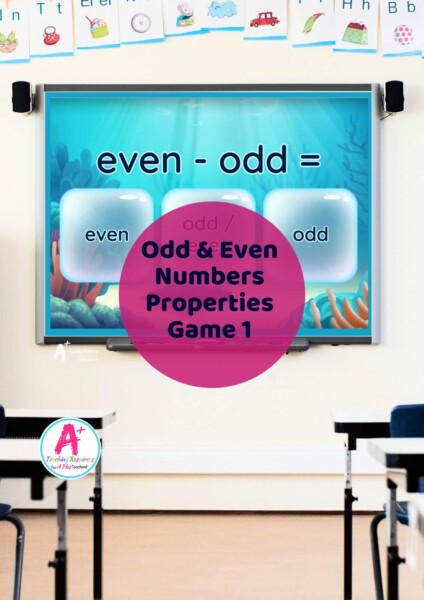
Odd & Even - Properties & Rules
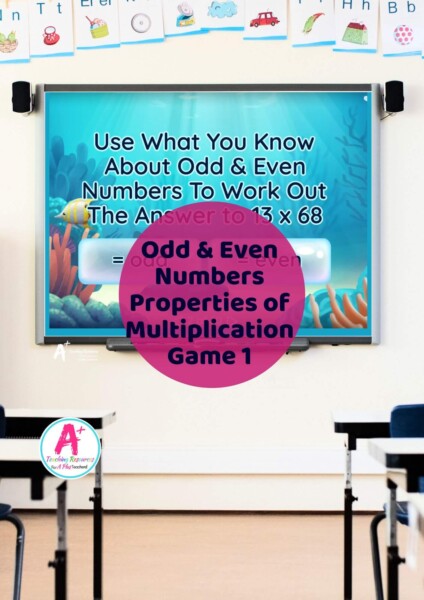
Odd & Even Propertities - Multiplication
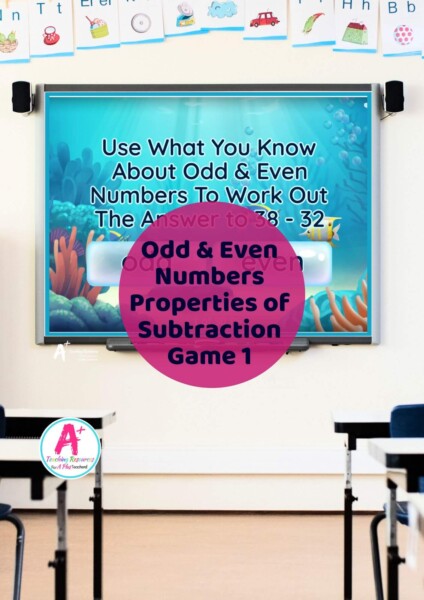
Odd & Even Propertities - Subtraction
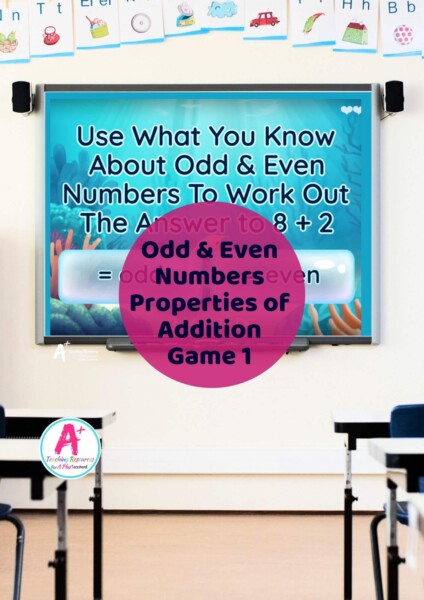
Odd & Even Propertities - Addition
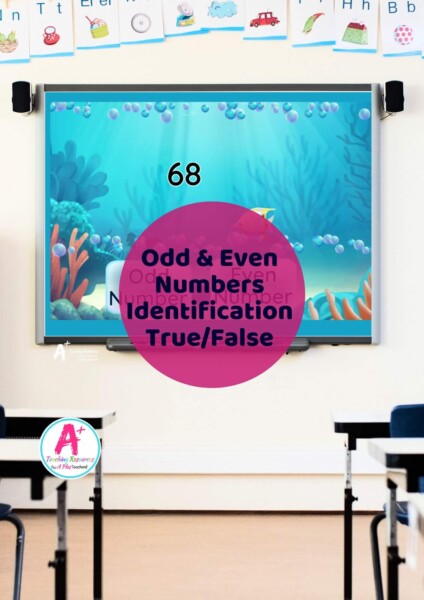
Odd & Even Number Patterns - True or False
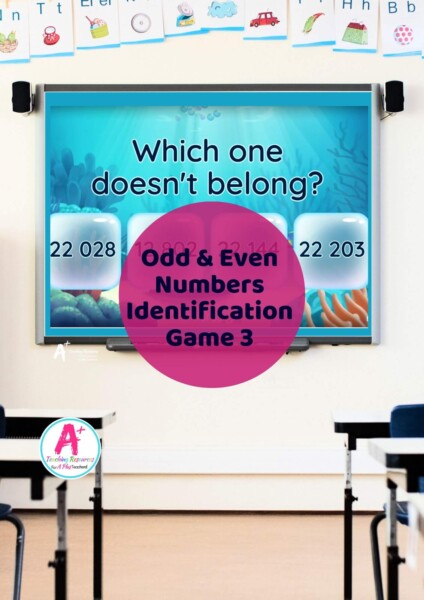
Odd & Even Number Patterns - Odd One Out - Game 3
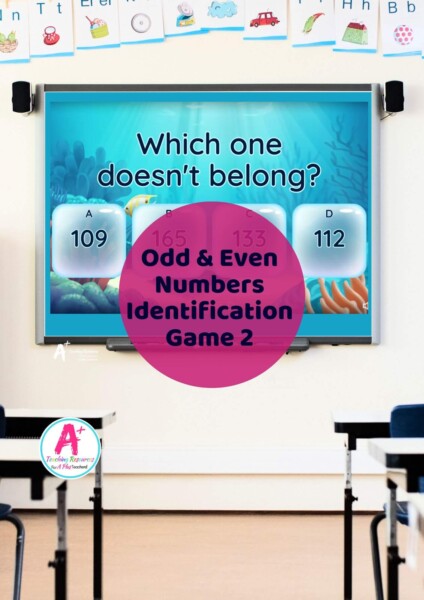
Odd & Even Number Patterns - Odd One Out - Game 2
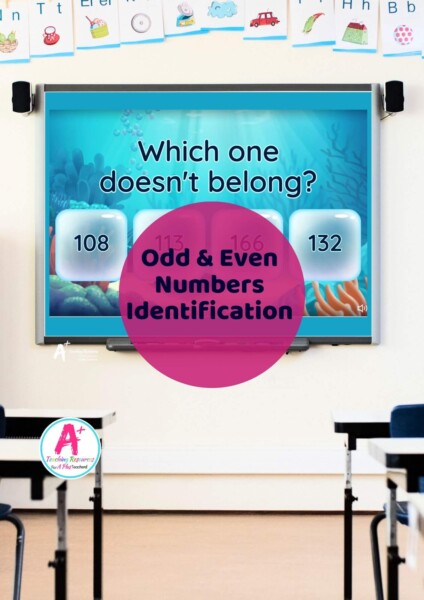
Odd & Even Number Patterns - Odd One Out - Game 1
Can't find what you're looking for?
Send us a request! Use this form to request a resource. Please give details of the learning area, topic, year level, curriculum links. We’ll be happy to take a look to see if we can fit it in. Unfortunately a request does not guarantee we will be able to make it!
"*" indicates required fields
